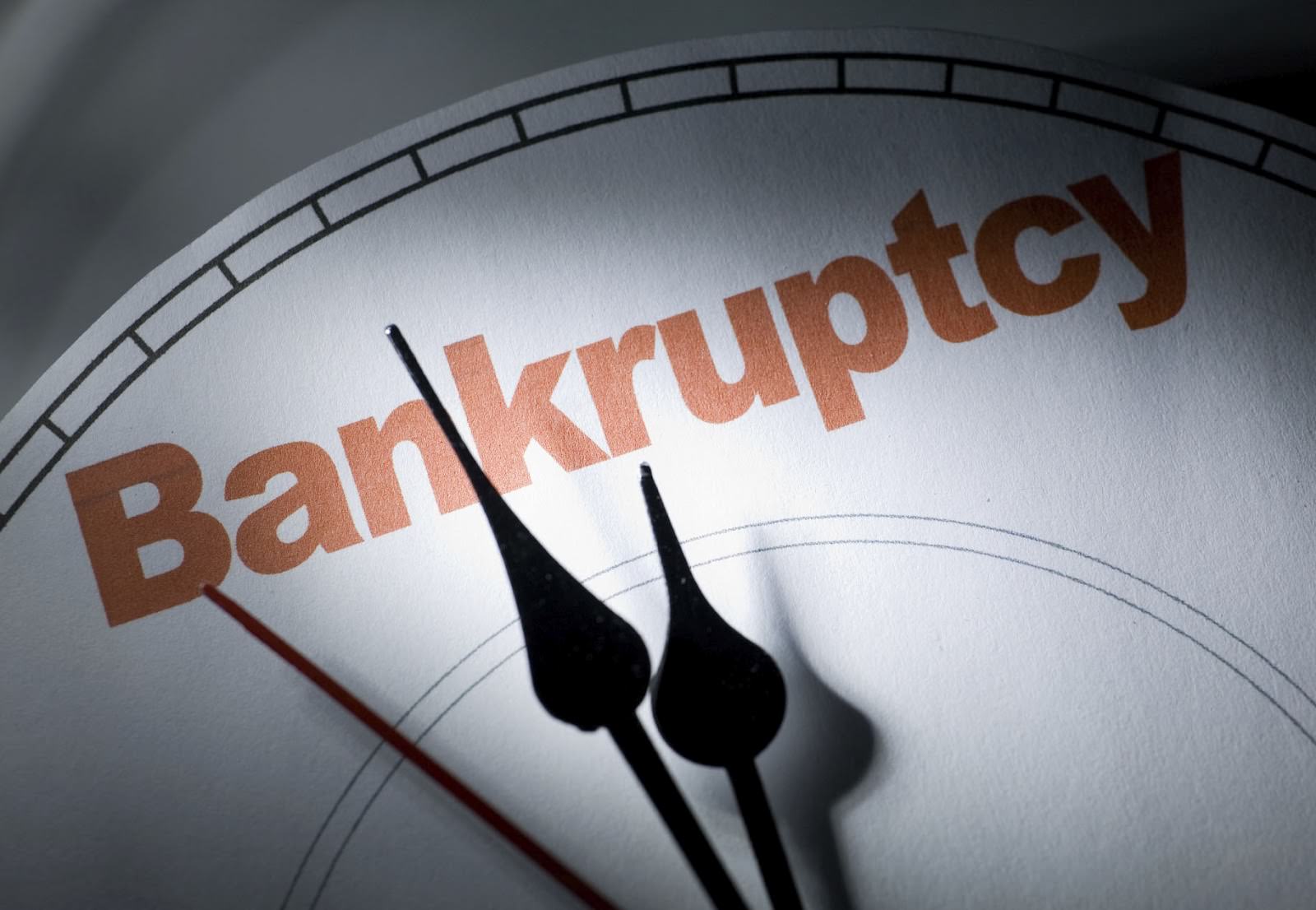How to File for Chapter 7 Bankruptcy
Filing for bankruptcy is not a fun thing to do, but for some people it is vital to get that fresh start. There are several different types of bankruptcy, but this article will discuss the Chapter 7 bankruptcy. This means that nearly all debts are completely wiped clean. However, the person who files suffers more significant dings to their credit file. However, in certain cases, this can be a great way to get a fresh start and enable you to get out of debt and lessen your stress.
The first thing to consider is whether you are eligible for Chapter 7 bankruptcy. This type of filing is for individuals only and not businesses. Also, the person who files must not have filed in the past 7 years. There are other details that must be considered too. Talking with your lawyer is the best way to determine if you are qualified for this type of bankruptcy filing.
In 2005 there were many changes to the US bankruptcy law. In the past, it was much easier to file than it is today. This is because many people were taking advantage of the bankruptcy law and filing repeatedly. While those who truly need it should be able to file, it is now harder for people to really take advantage and game the system for their own benefits.
The means test is a way to determine if a person qualifies. Those who have a large income or major assets may not be able to file based on the means test. However, those who don’t qualify for this form of bankruptcy during the means test, may qualify for chapter 11, which is a debt reconstruction.
Filing for bankruptcy is a very complicated task. It is recommended that you visit a qualified bankruptcy attorney, instead of attempting to file yourself. This can keep you from running into problems down the road. While it can be expensive to pay the lawyer fees, the money and stress saved can be worth it in the long run.
The trustee is the person who is in charge of administrating the bankruptcy cases in the United States. This person will be there at the bankruptcy hearing and determine what if any of the debts must be repayed.
Secured Debts in Chapter 7 Bankruptcy
Some of the secured debt must be given back. However a person is often able to keep a car or sometimes their home. All of this is based on the results of the means test. Your lawyer can tell you more about what happens to your secured debt when you file for chapter 7 bankruptcy.
Along this line, there may be a chance to keep some of this property. You will have to file a petition and ask the trustee’s permission. In this case you may wind up reaffirming this debt, and you will have to keep making payments in this case.
During a bankruptcy, the filer will have to take some financial education classes. This helps reduce the likelihood that you will wind up back in serious debt in the future.
As you can see, Chapter 7 bankruptcy is a major life decision. After it is discharged you will be clear of debts, but you cannot file again for eight years. It is not simply a quick fix, but instead a way to get your life in order so you do not face these problems again.

